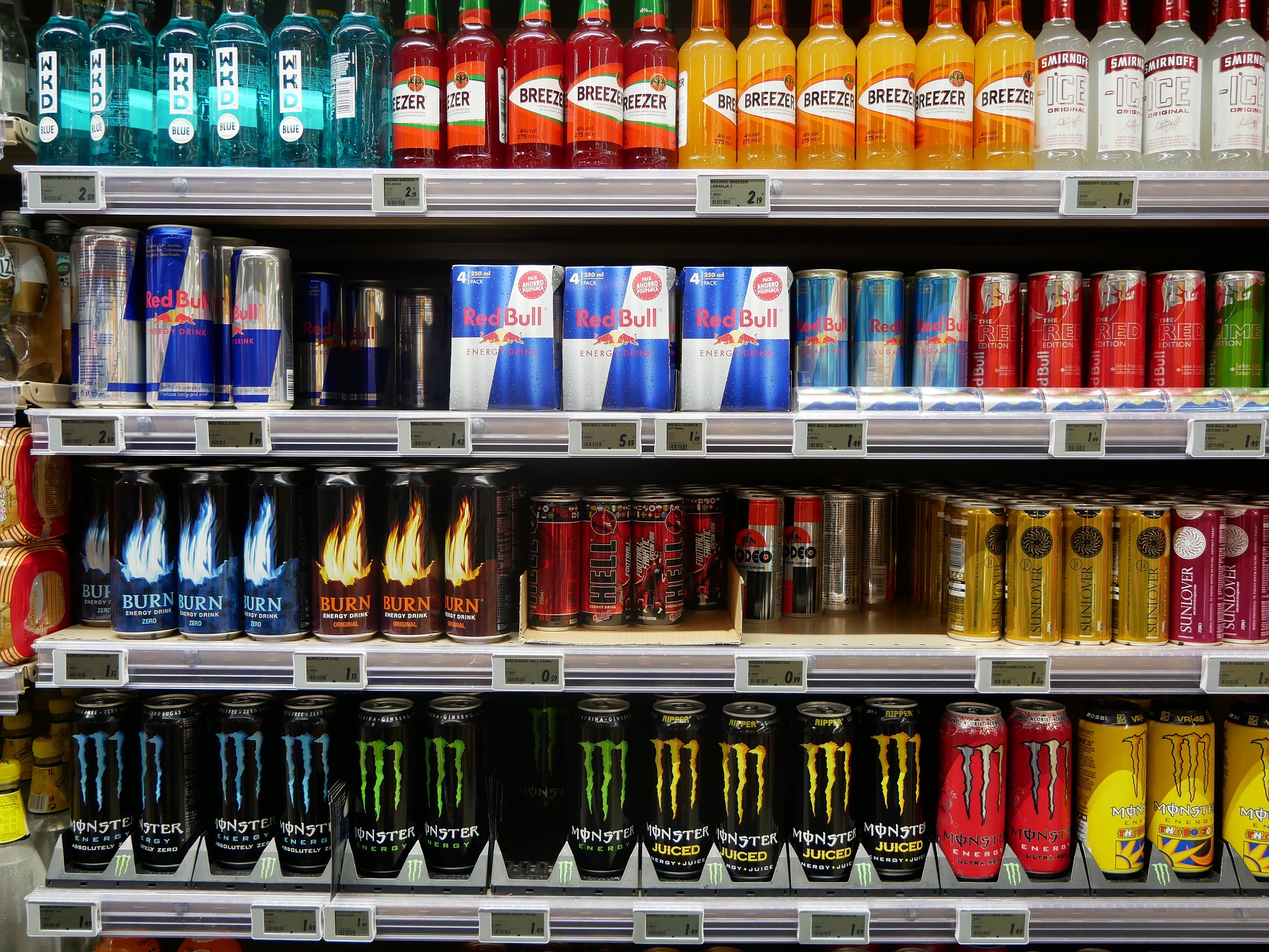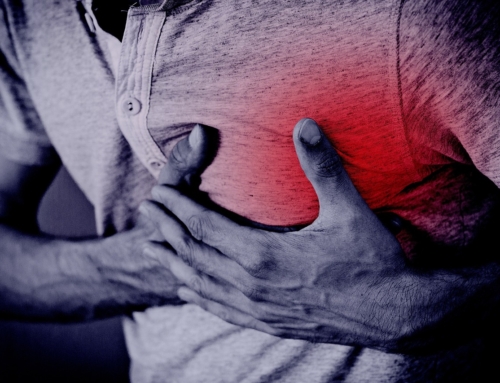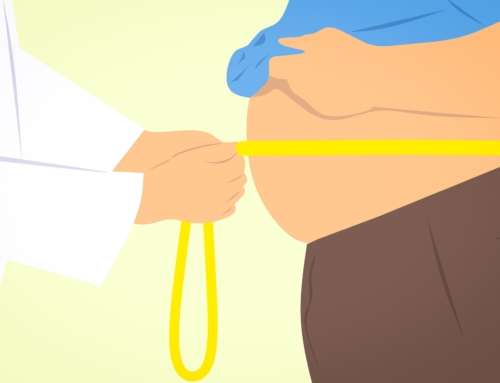The energy drink industry is BOOMING! This is a 60 Billion dollar industry that is increasing rapidly. It has become a number one choice among our young adults and you can find these on the menu added to your favorite drinks as well as alcohol drinks. The concern is rising as more and more deaths are being reported as a result of these drinks and lawsuits are starting to pile up against the manufacturers. I have seen first hand significant health with energy drinks. I have had several patients over the years that were doing muscle building pre and post workout drinks just trying to increase their strength and ended up with kidney failure and high blood pressure as a result. Young people are dropping dead while exercising because they drank energy drinks prior to their exercise to get an edge and “perform” better. This past year a senior that my daughter knew dropped dead while running 1.5 miles and he was in terrific shape to begin with. Sadly, there are many other stories just like this.
Energy companies tout that their standard drinks have the same amount of caffeine as a cup of coffee but there is much more to these drinks than just the caffeine that makes them dangerous. READ ON to learn the dark side of energy drinks….
Caffeine amounts in coffee vary by the type of coffee bean as well as the way it is roasted. Decaf coffee still has caffeine but usually in very low amounts around 15mg. Regular coffee on average has approximately 75mg up to 180mg for an 8 ounce cup (depending on the type and roast) but obviously when you start supersizing the cups or drinking the amounts can reach in the 400+ mg. Energy drinks vary in the amount of caffeine, also. Red bull reports 111mg, 5 hour energy drink (per consumer reports) has approximately 215mg and monster energy drink has 184mg (in their regular strength and sized drinks). Obviously, when they are larger and extra-strength versions they have much more. At first glance these amounts don’t really seem too different but there is more to this story.
Coffee gets its caffeine naturally from the coffee bean. Energy drinks and many caffeinated work out supplements get their caffeine from a synthesized manufacturing plant using urea and chloracetic acid. China is one of the largest producers of this product. So while it acts the same already there is a difference.
Energy drinks also contain other ingredients besides the caffeine. Many contain glucose, ginseng and taurine plus b vitamins. Researchers are starting to believe these ingredients actually boost the stimulation from the caffeine therefore amplifying the effects. The trend of adding energy drinks to alcohol is particularly concerning because it blunts the natural signaling that occurs when drinking too much that tells you to stop drinking. The energy drinks boosts the stimulation that actually makes you more alert providing the opportunity to keep drinking and not have that signal that says stop.
I have looked at several studies evaluating energy drinks as well as coffee. Here is the take home message.
- Both coffee and energy drinks can increase blood pressure although the increase seems to be a little bit higher with the energy drinks. In addition, there have been reports of strokes with energy drinks. Energy drinks have been shown to increase clotting by causing your platelets to clump together. Combine this with an increased heart rate and blood pressure then the risk of a stroke increases exponentially. This may occur even after ONE energy drink! Coffee does not increase your risk to clot and research actually shows that regular consumption of a moderate amount of coffee might actually decrease your risk of stroke. (key word is moderate coffee consumption– defined as1-2 cups per day)
- Energy drinks cause a change in the QT segment of the heart rhythm and coffee does not. OK, let’s explain exactly what this means. When the heart beats there is a signal that passes thru the heart to dictate when the heart beats, how fast, etc. The QT segment is just one of the segments of this process. When the QT starts getting longer (as with the energy drinks) there is a higher risk of the heart getting out of rhythm (arrhythmia or irregular heartbeat). These arrhythmias can cause sudden fatal cardiac arrest and is the primary cause of death when these drinks are consumed. Now, add on increasing the heart rate with exercise you have just created even more of a potential of a fatal irregular heartbeat. When researchers looked at coffee consumption there was no change in the QT interval so clearly there is something different with the type of caffeine and/or the other ingredients. Drugs as well as supplements containing caffeine or ephedra have been pulled off of the market for prolonging the QT interval. This is why the FDA is being asked to step up and start monitoring these drinks.
Bottom line….
If you are going to exercise do NOT use an energy drink to boost your performance.
If you need to wake up grab a cup of coffee or tea instead.
To your health,
Laura









